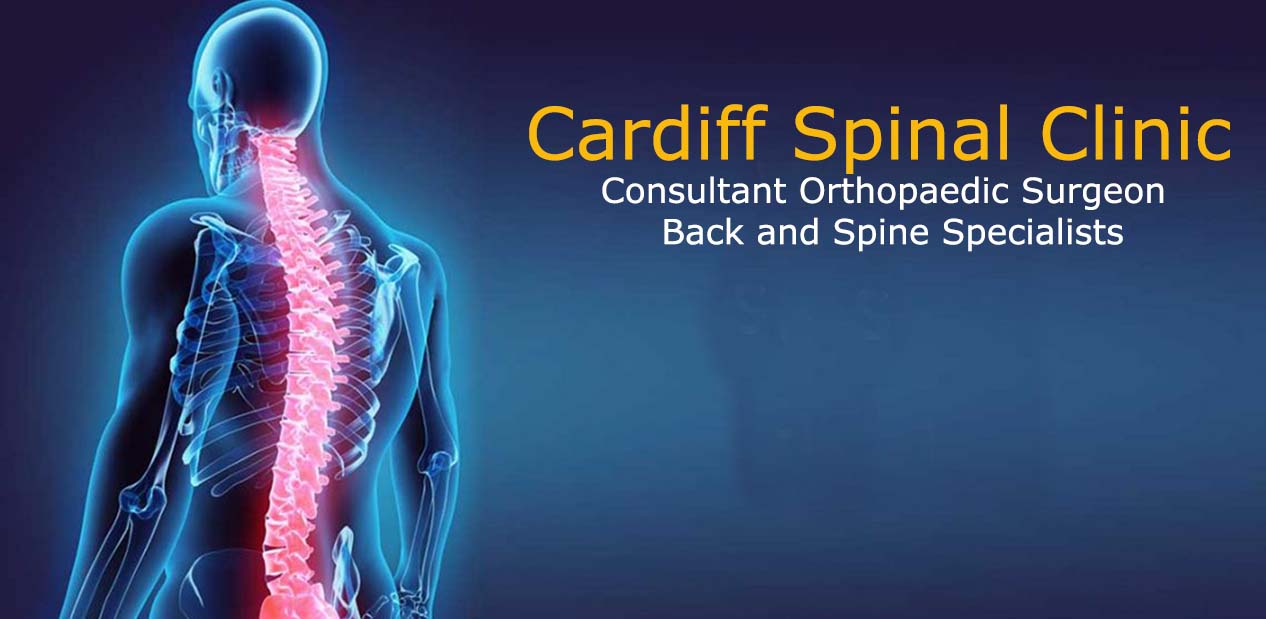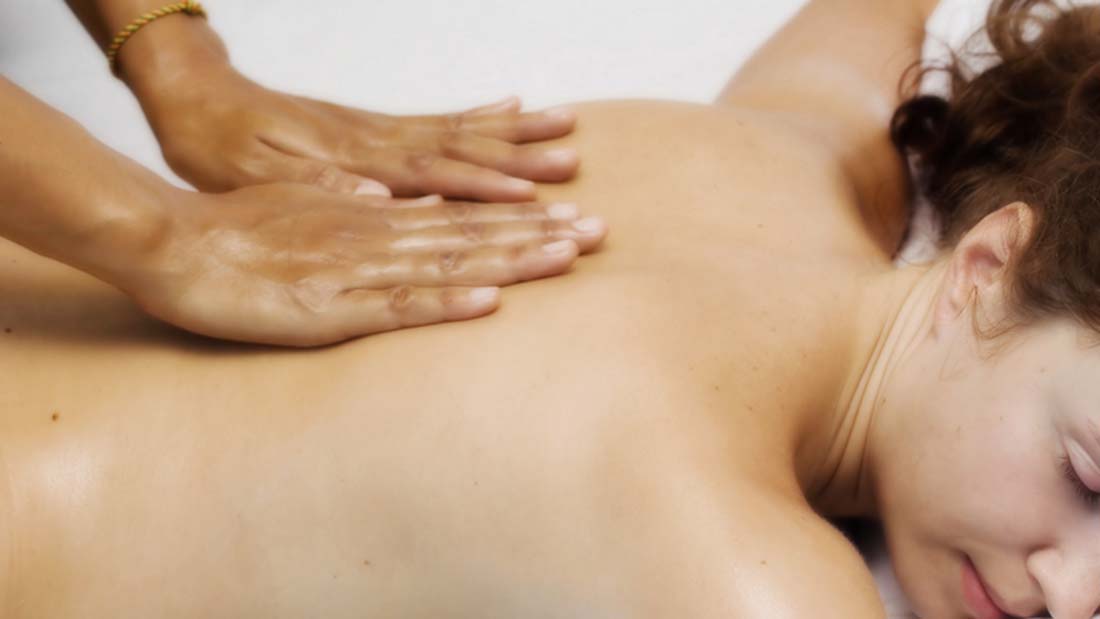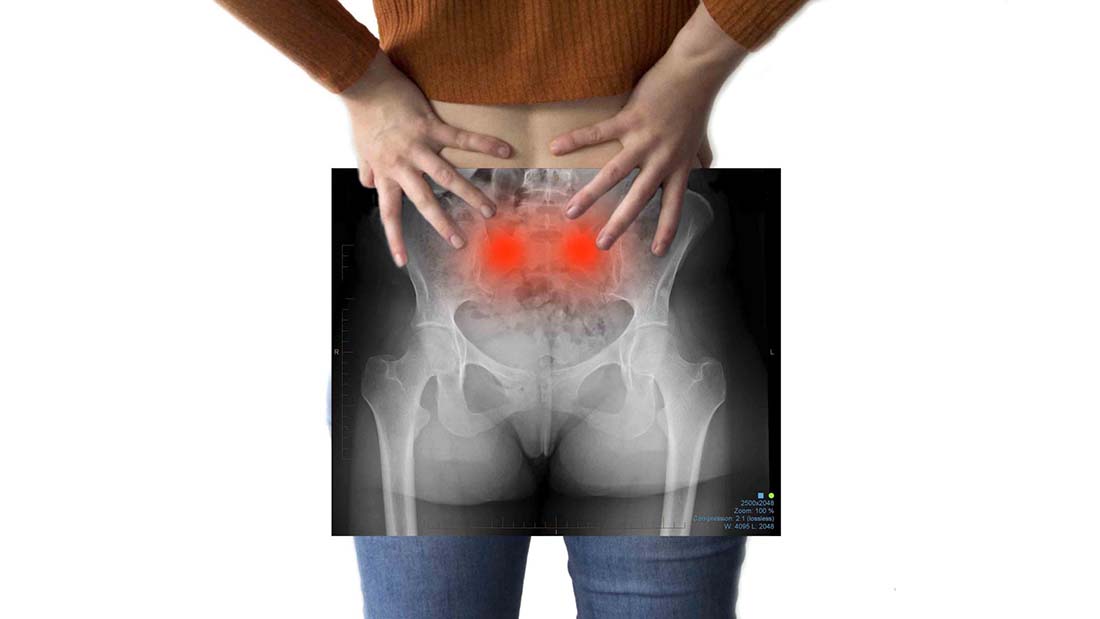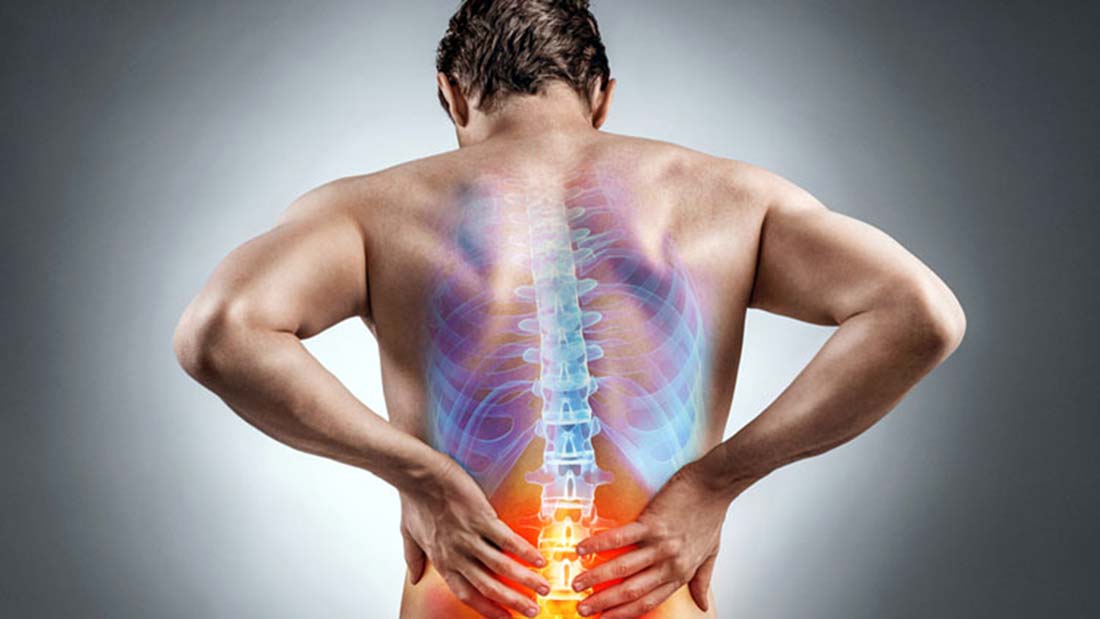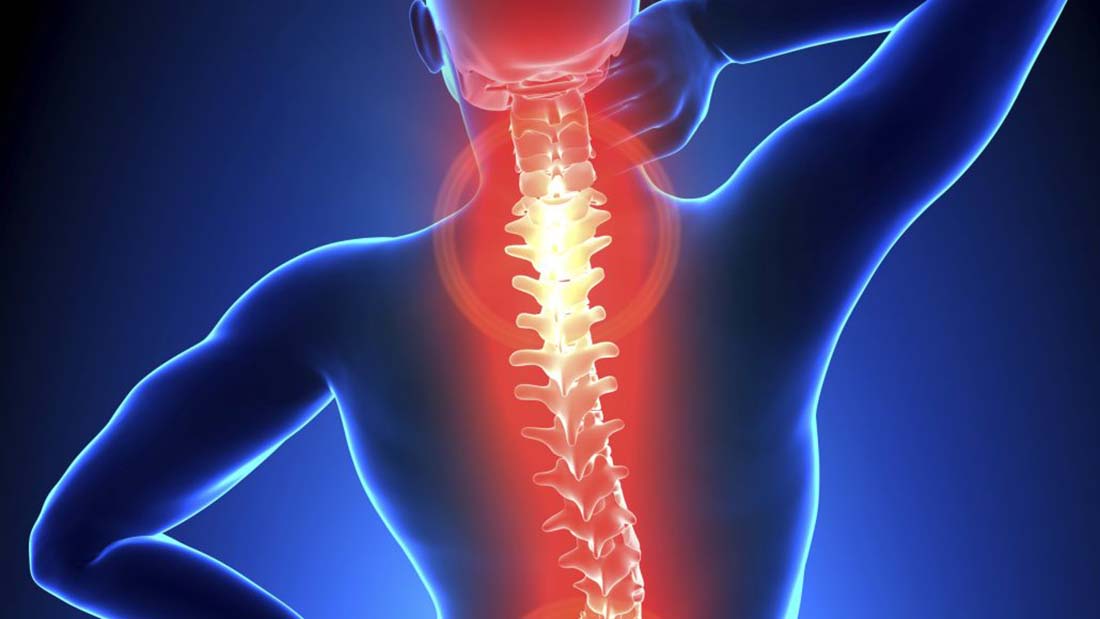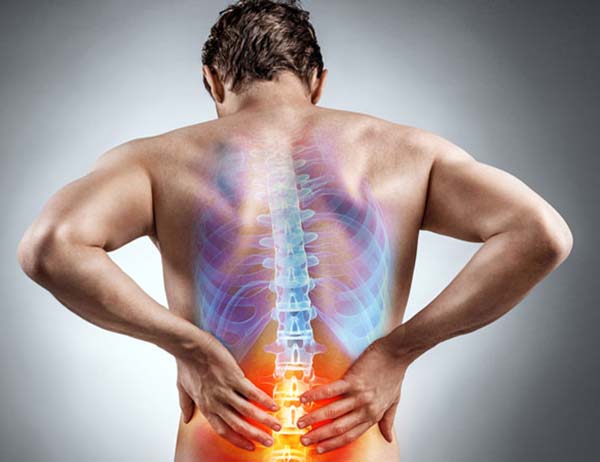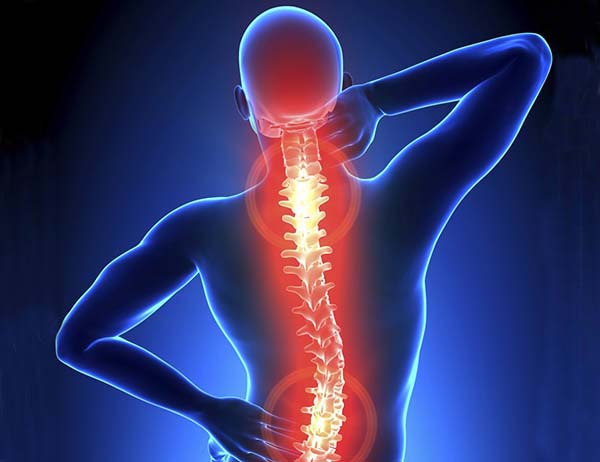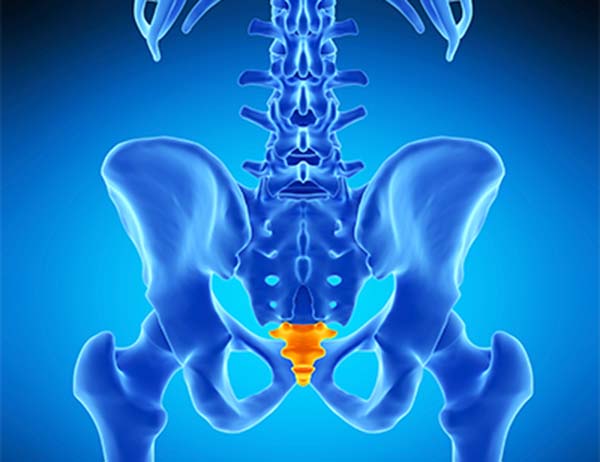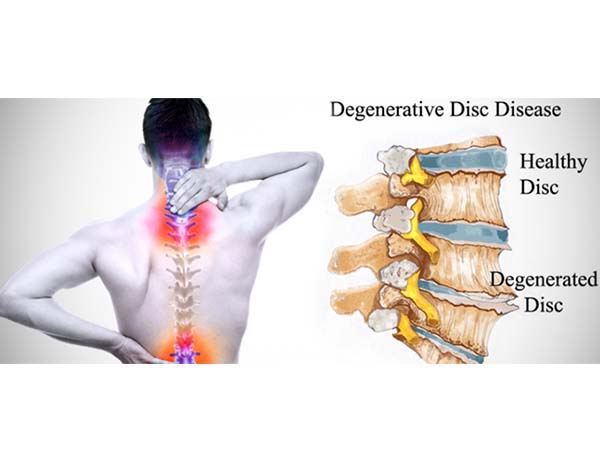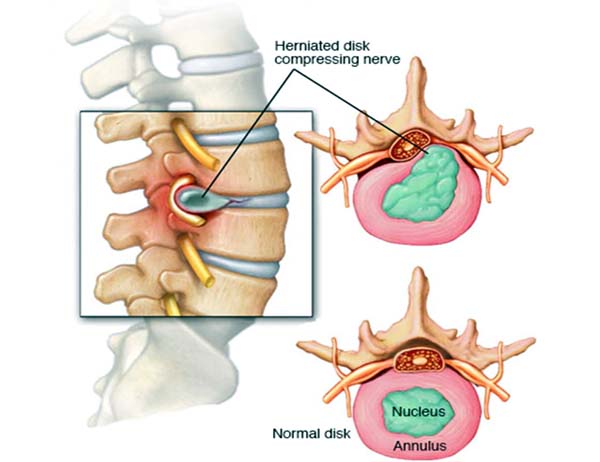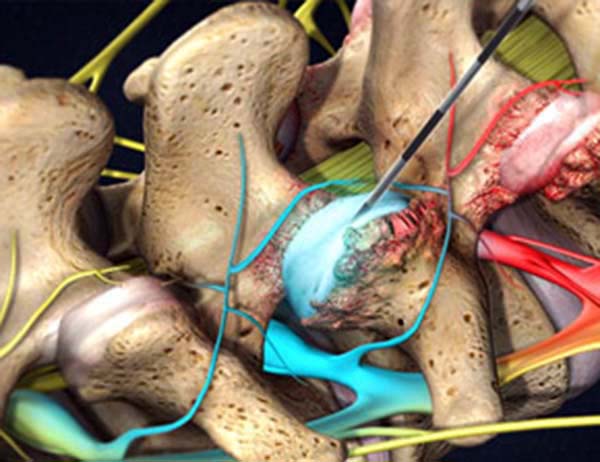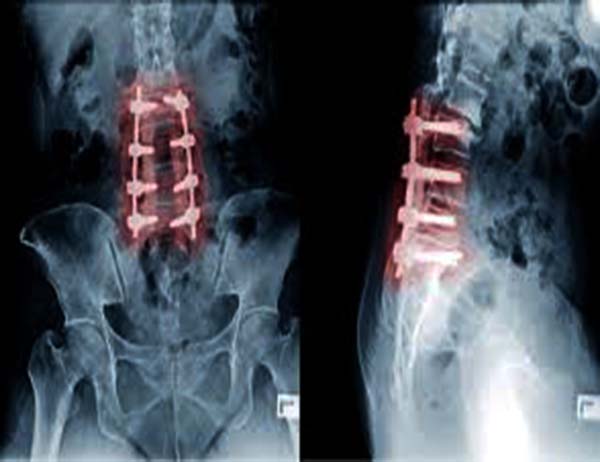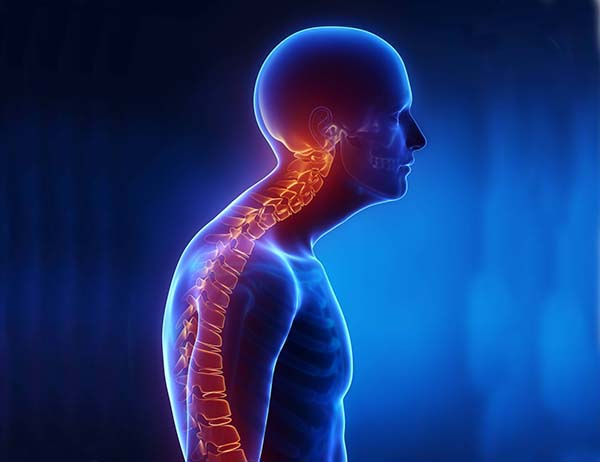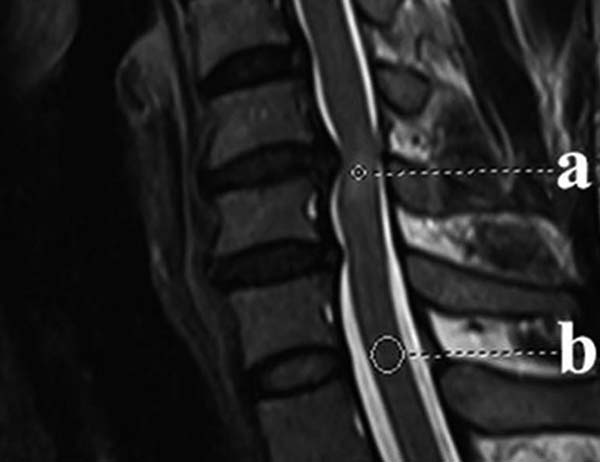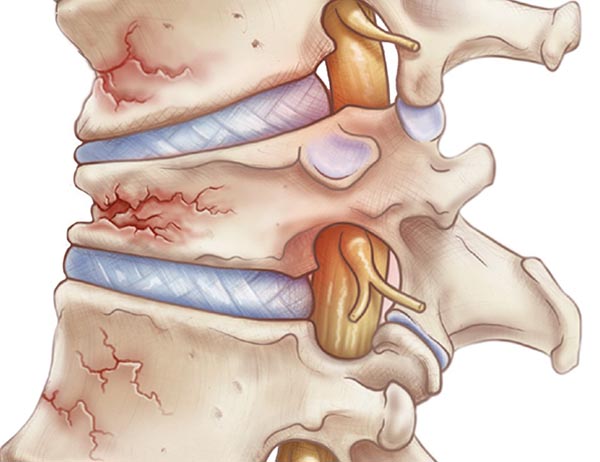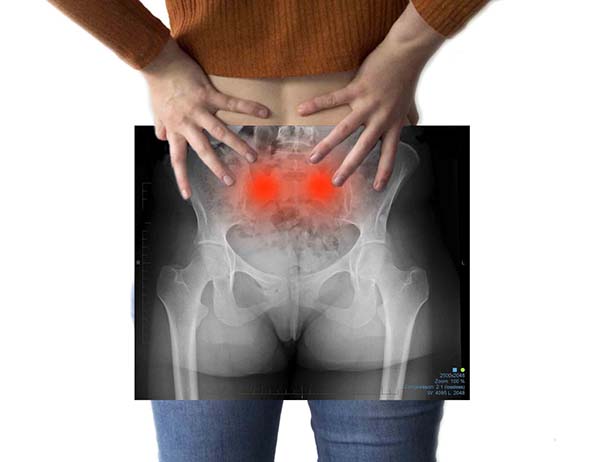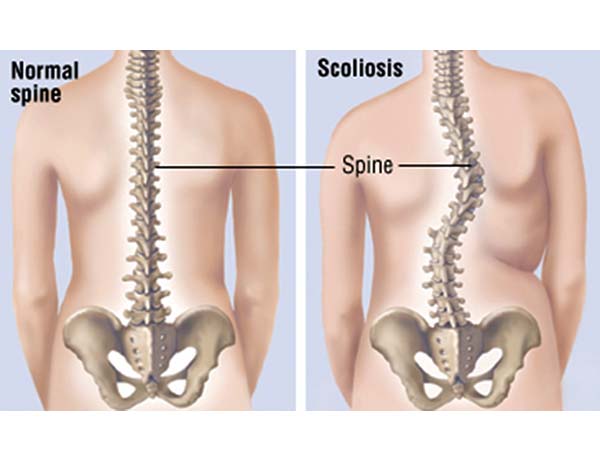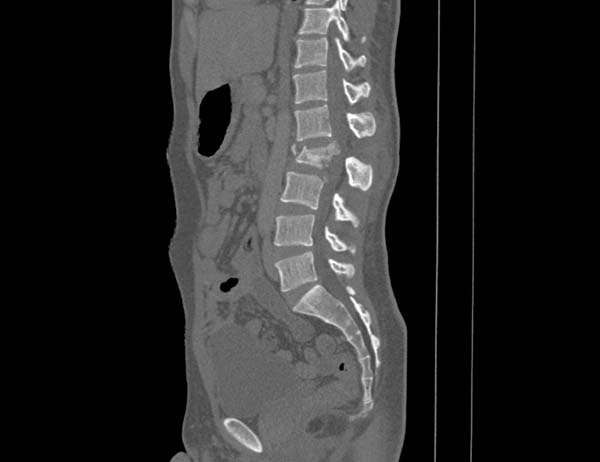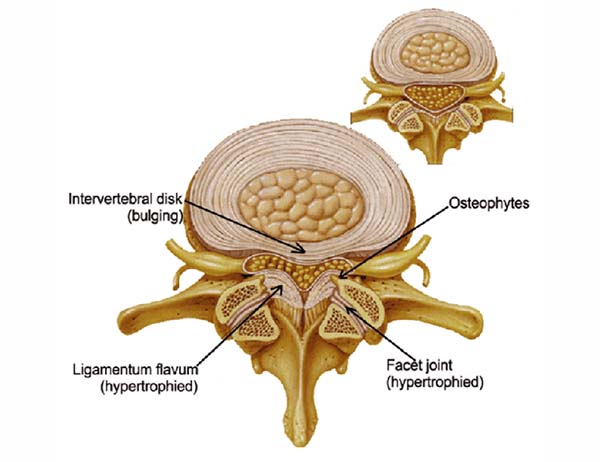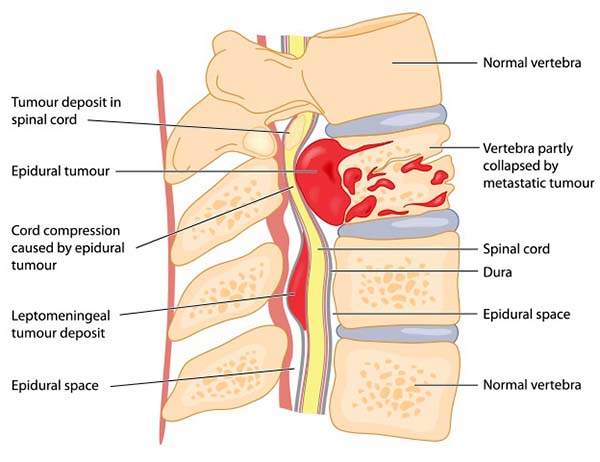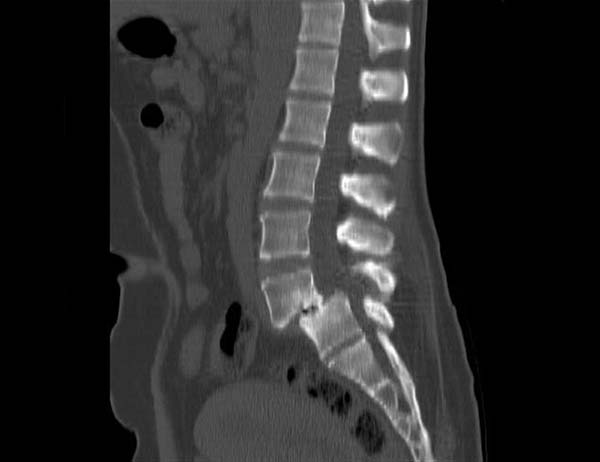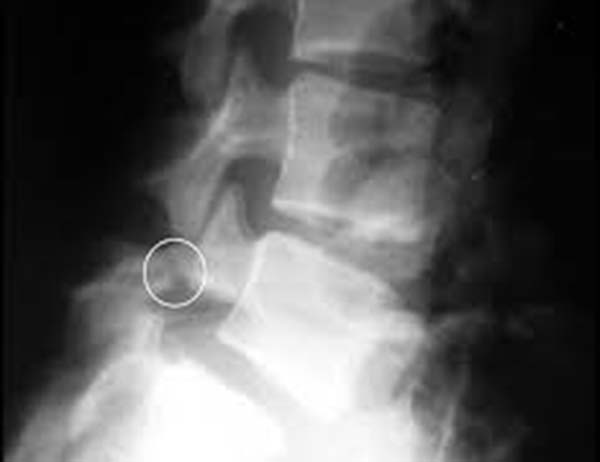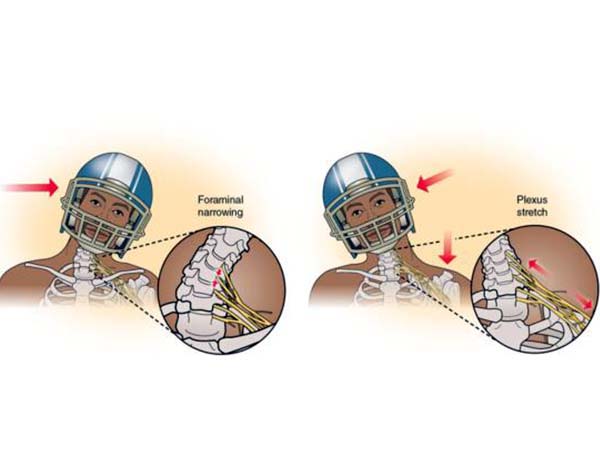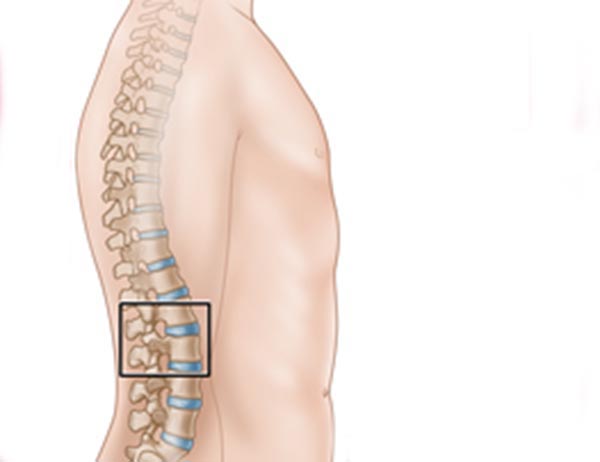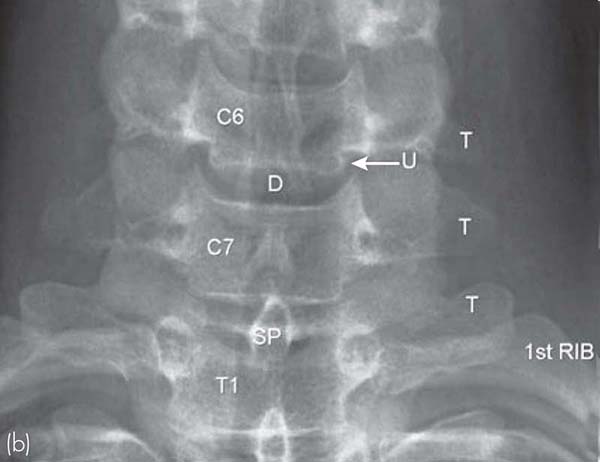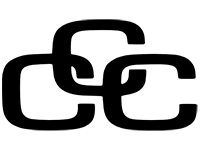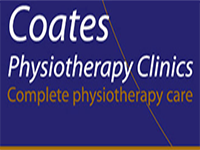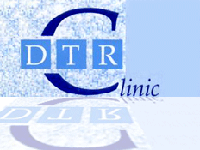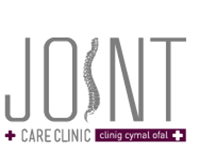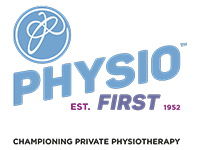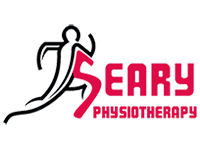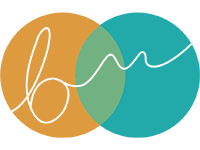Welcome to Cardiff Spinal Clinic
Welcome to the Cardiff Spinal Clinic. The clinic is NHS and private medicine and is based in Cardiff, but covering the whole of south and west Wales. The Chief Consultant for the clinic is Mr. Alwyn Jones and he is also a full time spinal consultant at University Hospital of Wales and Llandough Hospital, Cardiff. He also has an NHS scoliosis (child spinal deformity) clinic at Phillip’s Parade, Swansea. His current practice covers patients with varying conditions of the spine from the top of the neck to the bottom of the spine (coccyx). He regularly treats patients with spinal disc degeneration of the neck and lower back, spinal trauma (injuries), spinal sports injuries, scoliosis (spinal deformity), spinal tumours and infections.
Treatment options include modern, evidence-based, non operative as well as operative procedures, including minimally invasive procedures and an interest in spinal endoscopy. Mr. Jones has pioneered a new technique in the treatment of facet back pain, namely coblation as featured in the Daily Mail (view scanned article). Another new treatment for back pain uses a nerve monitoring technology called Xtreme Lateral Interbody Fusion (XLIF) (more information). Read about it in the Daily Mail (view article). Alwyn Jones' practice includes close collaboration with a team of physiotherapists as well as specialists in allied orthopaedic fields, for instance, hip and shoulder pathologies. .
For further information please call us on (029) 736 011 or email us on mralwynjones@gmail.com.
If you are under 18 and need an appointment: Please call our Satellite Clinic Pro Sports Medicine at 02920 762000 or Email: info@prosportsmedicine.co.uk
We aim to provide a first class service for all of our patients at all times but we do realise there may be occasions where you may wish to bring issues to our attention. Please see our complaints procedure.

